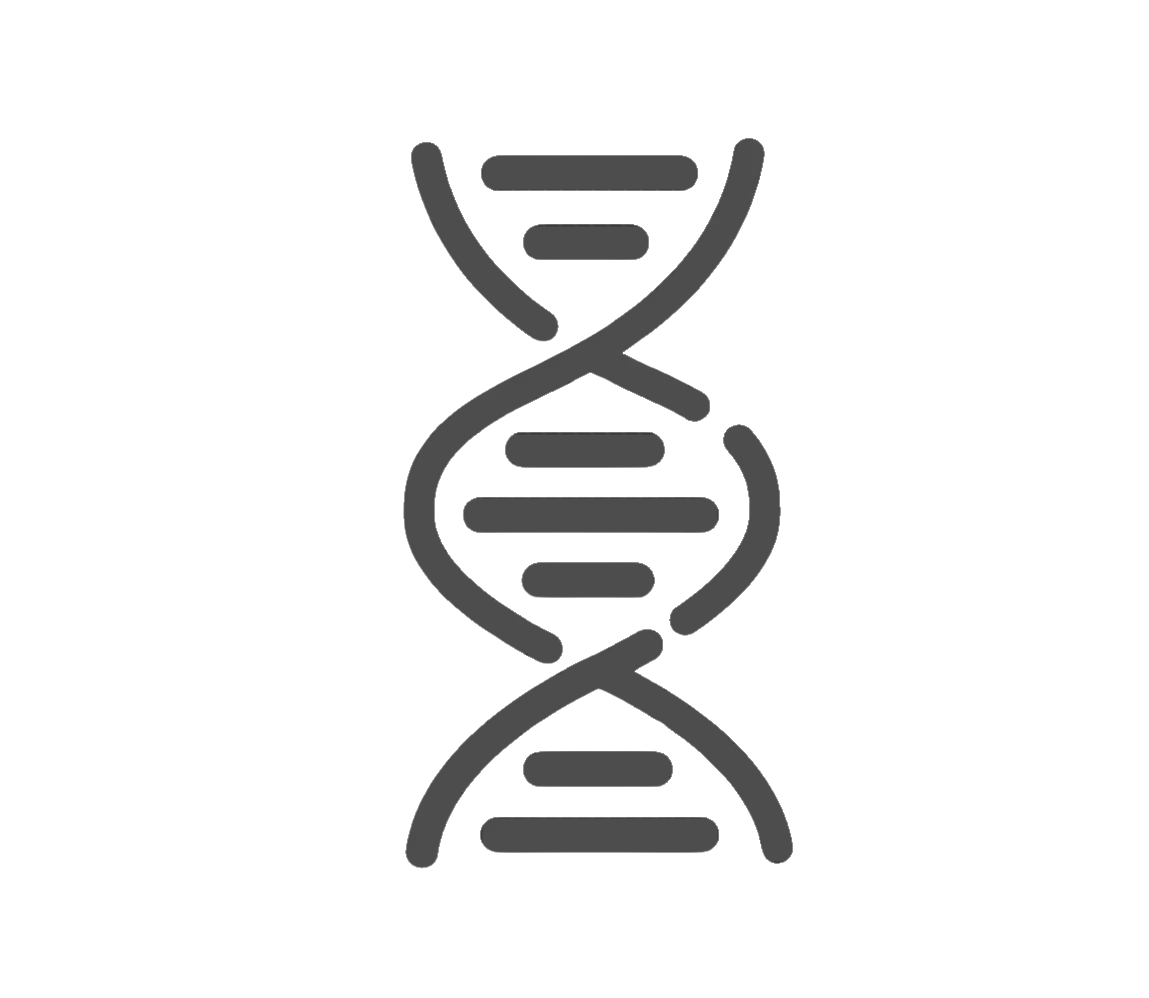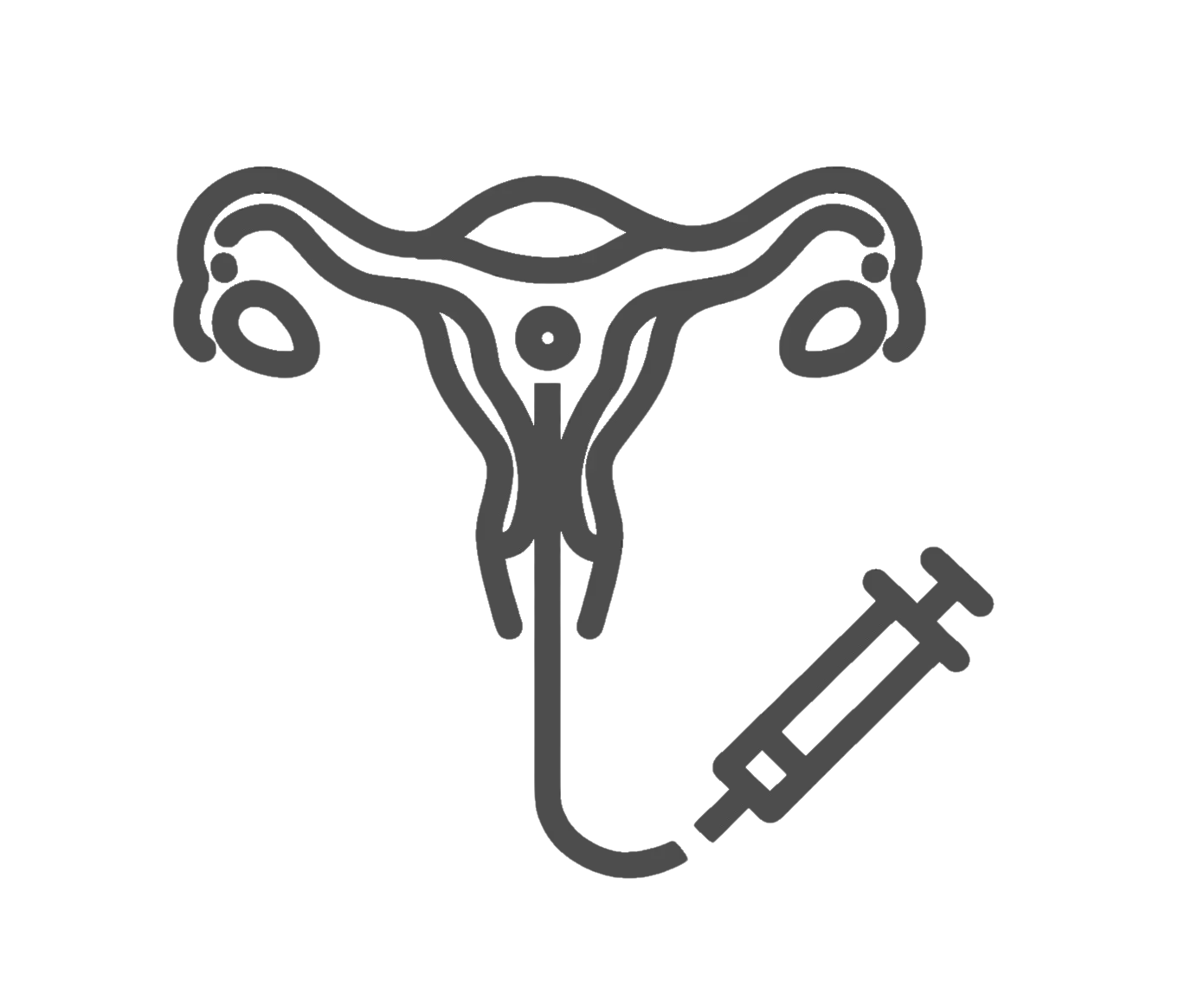Oncofertility
Preserve your fertility with expert care from a fertility specialist. Learn about cryopreservation and oncofertility solutions before cancer treatment begins.
A cancer diagnosis is understandably overwhelming and even more so if you still have plans to grow your family. Oncofertility refers to the preservation of reproductive potential in cancer survivors. This specialised area of reproductive and fertility medicine aims to give patients being treated for cancer the best possible chance of maintaining their ability to start or grow their families in the future.
Both cancer and its treatment have the potential to impact male and female fertility. While cancer of the reproductive organs can directly affect fertility, often it’s cancer treatment that can have the most damaging effects. Radiotherapy or chemotherapy may decrease the number of healthy eggs or sperm available for conception while surgery to treat the cancer may require the reproductive organs to be removed entirely.
Oncofertility is a multidisciplinary approach involving both an oncologist (cancer specialist) and a fertility specialist. Through this service, Dr Ying Li can discuss the potential impact of the cancer treatment to your fertility and your options for preserving your ability to have children once the cancer treatment is complete.
Common Questions About Cancer and Fertility
What does fertility preservation mean and what does it entail?
Fertility preservation refers to maintaining your ability to have a healthy pregnancy. As cancer treatment is known to negatively impact fertility, your specialist will come up with a fertility preservation plan. This typically involves harvesting your eggs or sperm prior to starting cancer treatment, and freezing them, a process known as cryopreservation. It may also include preserving tissue from the ovaries or testicles if these organs are not affected by the cancer.
Do my eggs/sperm have cancer cells in them?
Cancer from your body does not pass into your eggs or sperm and will not cause a baby conceived with these cells to be born with cancer. However, inherited genetic mutations that can increase a person’s likelihood of a certain type of cancer can be present in the DNA of an egg or sperm.
Will having fertility treatment cause my cancer to come back after treatment?
A number of studies have investigated the likelihood of cancer recurrence after pregnancy with or without fertility treatment. These studies have typically followed only a smaller number of patients and while recurrent cancer was recorded in some cases, most concluded that fertility treatments did not significantly increase the risk of the cancer returning. If you wish to pursue a pregnancy after cancer therapy, your oncologist and fertility specialist will be able to advise you on your specific risks.
How soon after my treatment is concluded can I try to fall pregnant?
Your oncologist and fertility specialist will let you know when it’s safe to try for a pregnancy. The timeframe will depend on a few factors, such as the type of cancer and the treatment you had for it, as well as your age. You may be advised to wait between two to five years before trying to grow your family, as this gives time for any eggs or sperm damaged by cancer therapy to turnover in the body. This also allows time to see if the cancer is going to recur as managing cancer during a pregnancy is complex. If you are taking certain medications to control the risk of cancer recurrence after therapy, this may be incompatible with a healthy pregnancy, and so it may be advisable to wait until you no longer need these medications.
Does my age affect how long we need to wait after treatment?
Increasing age, even without a cancer diagnosis, has an impact on fertility for both men and women. Age can also affect how your body responds to cancer therapy, and the subsequent risk of infertility. Your oncofertility specialist will be able to make recommendations on preserving your fertility, whether it’s advising you to undergo cryopreservation treatment of eggs/sperm or tissue, or whether you’re likely to still be able conceive naturally once your cancer therapy is complete.
Oncofertility Services with Dr Ying Li
Dr Ying Li is a CREI (Certificate of Reproductive Endocrinology and Infertility) accredited fertility specialist with extensive experience in helping cancer patients preserve their ability to grow their families. In consultation with your treating oncologist, Ying will discuss the risks and potential impacts of the cancer treatment to your fertility, and present all possible options for your fertility preservation plan.
Consulting Rooms
Level 3, 321 Kent St
Sydney NSW 2000
137 St Johns Rd,
Glebe, NSW 2037
50-52 Gloucester Rd,
Hurstville NSW 2220
Phone and Fax
T: 1300 323 297
F: 02 8212 8944
Assisted Reproductive Technology treatments available with Dr Ying Li

PGT
Pre-implantation Genetic Diagnosis / Screening

Ovulation Induction
Ovulation Stimulation

IVF
In vitro Fertilisation

IUI
Intrauterine Insemination
